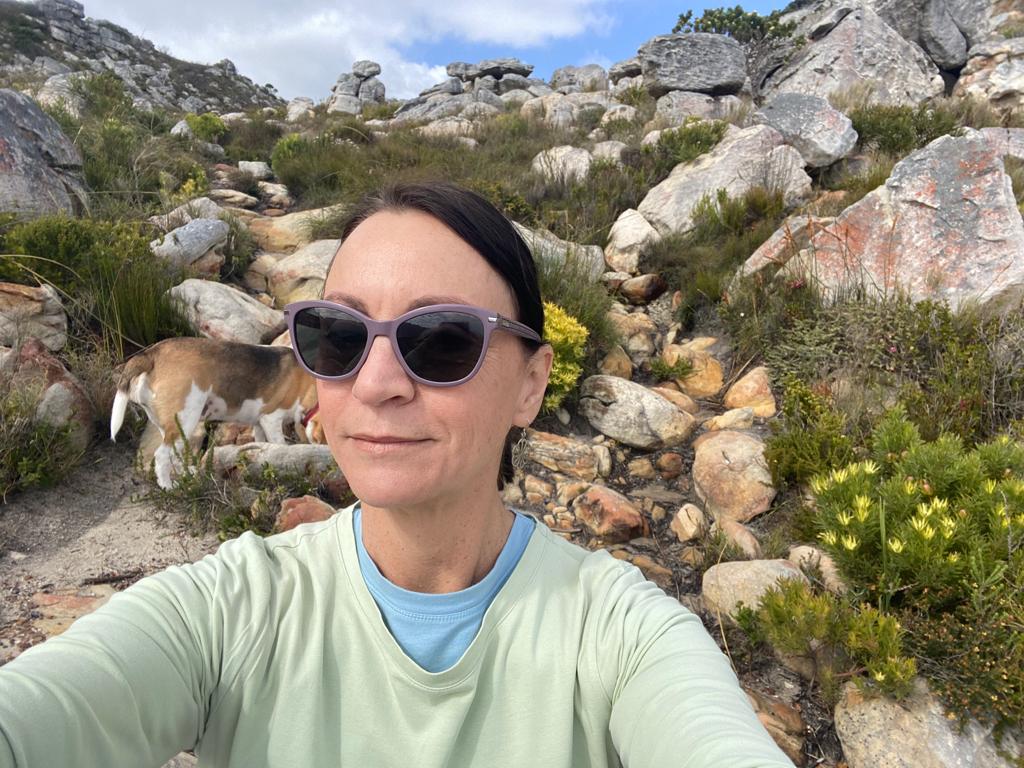
News
Groote Schuur Hospital commemorates Heart Awareness Month
In commemorating heart awareness month in September, Groote Schuur Hospital (GSH) is highlighting the importance of heart health while continuing its legacy as a tertiary hospital which provides high-quality heart surgery to those that need it. A critical and sometimes forgotten function of the heart is that it pumps the blood that provides the body with oxygen and nutrients it needs to survive.
In South Africa, 225 people die from heart disease every day according to the Heart and Stroke Foundation. A lack of awareness around cardiovascular disease means many people go undiagnosed and untreated until it is too late.
“Let us educate ourselves to educate others when it comes to matters of the heart. Understanding that we are living in an era, especially post COVID-19, where there are people that do not have food on their table. Eating healthy costs, a pretty penny. We need to re-look at how we package awareness, with this in mind,” said Dr Nomafrench Mbombo, Western Cape Minister of Health.
Mrs Valerie Devy, age 55 from Fishhoek is a patient at Groote Schuur Hospital. She has an arrhythmia (an irregular heartbeat) called paroxysmal atrial fibrillation (AF). Heart rhythm problems occur when the electrical signals that coordinate the heartbeats do not work properly. When you have AF, you are at a high risk of suffering a stroke because of blood clots forming in your blood circulation which could reach the brain. “My heart started beating very fast, and at one point I even got blue lips and started to faint, which felt like I was having a heart attack,” she recalled.
Some individuals are born with a heart condition, and sometimes it could be because of one’s lifestyle. Mostly, heart diseases get triggered by hypertension, diabetes, mellitus or smoking. “First of all, it is important to take care of your body. This will prevent you from forming diseases such as diabetes. If you smoke, limit and ultimately quit smoking. And if you are aware of the risk factors, treat them without delay,” said Professor Ashley Chin, Cardiologist at GSH who treated Mrs Devy. The doctors at GSH performed a cardiac procedure on Mrs Devy, where they isolated her pulmonary veins which usually triggered the episodes of AF. Because of the hard work the hospital staff deliver each day, patients like Mrs Devy can life a longer life.
“I’m a success story, because of Prof. Chin, I have my life back,” said a grateful Mrs Devy. “I used to get episodes between two to three times a week. Now after the procedure I live a more content life, all because of the hospital.”
Mrs Devy also made lifestyle changes after her procedure at GSH, which included regular execising. “I have never felt healthier in my life.“I would highly recommend treatment at the hospital. The staff worked very hard and made sure that I felt safe. Prof. Chin was very patient with me and helped me through it all.”
Detecting a heart disease is very important. The earlier you treat a heart disease, the better. “The danger signs of heart disease are chest pain, shortness of breath, palpitations and blackouts,” said Professor Ashley Chin.
When should you seek advice:
- If your pulse seems to be racing some or most of the time and you are feeling unwell.
- If your pulse seems to be slow some or most of the time and you are feeling unwell.
- If your pulse feels irregular (“jumping around”), even if you do not feel unwell.
Everyone is different. Many people may have pulse rates over 100 beats/min (bpm) and less than 60 bpm. If you have a persistent heart rate above 120 bpm or below 40 bpm, visit your local clinic.


